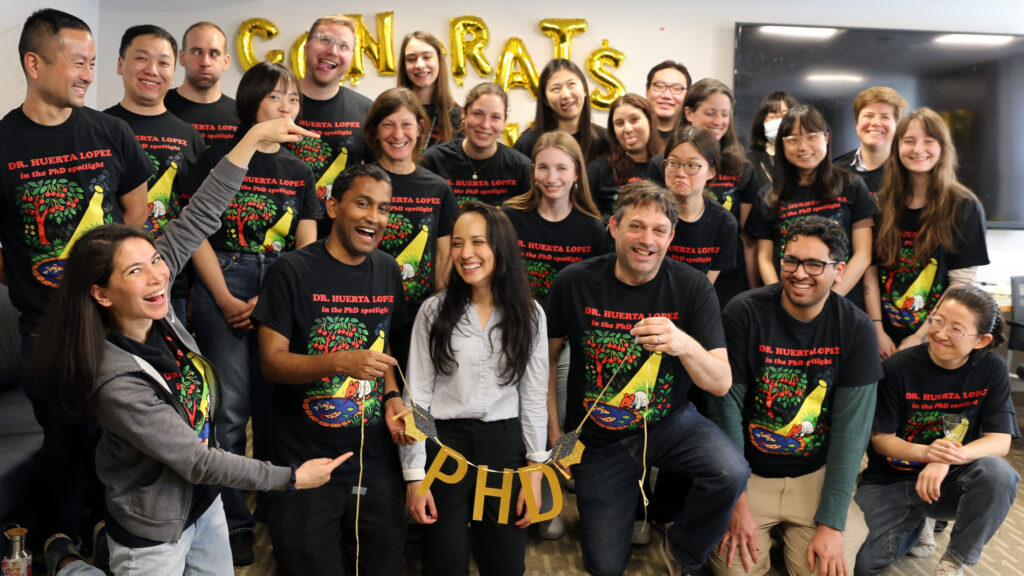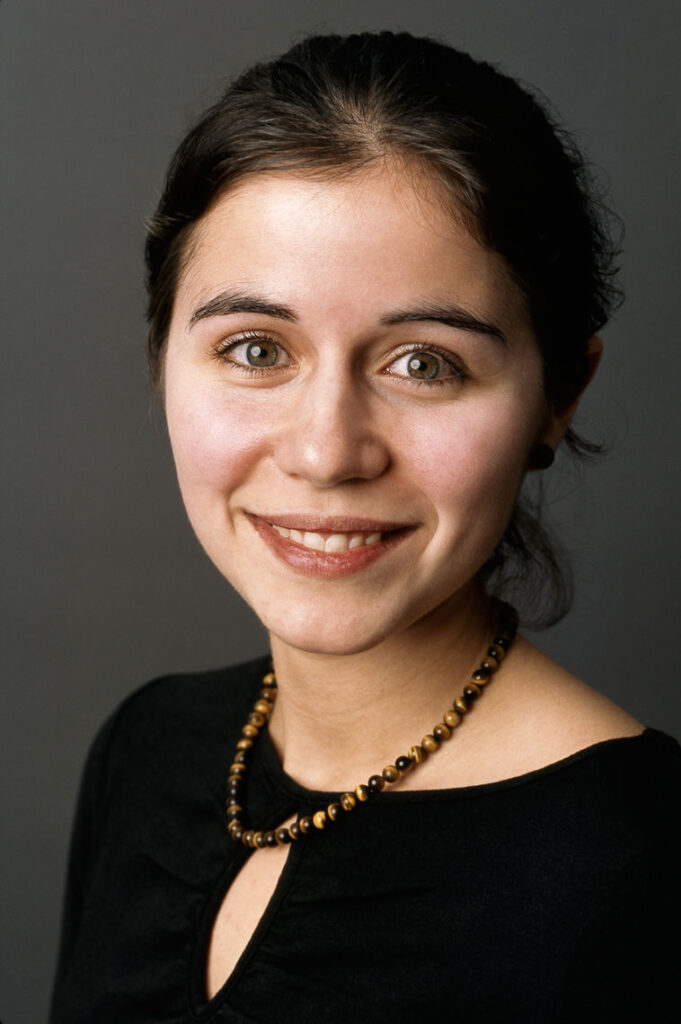About Min Jae Kim
Since his childhood in Korea, Min Jae Kim has been captivated by the intricate biology of insects, which ultimately shaped his curiosity in human physiology. Min Jae immigrated to Fairfax, Virginia, in the United States when he was 14 to embrace the academic liberty and early opportunities available to students there. Min Jae began conducting independent research projects in medicine in high school. In parallel, he became deeply committed to pursuing a career path as a physician-scientist, aiming to address unmet clinical problems through revolutionary research and translate the findings into direct practice in patient care.
Min Jae completed his undergraduate education at Johns Hopkins University in biomedical engineering and neuroscience. Striving to understand the biological underpinnings of neurological disorders and applying mathematical and engineering principles to address them, Min Jae has intertwined both disciplines for his research outputs. He led and collaborated on numerous translational and clinical research projects across neurology, neurosurgery, and psychiatry departments at the Johns Hopkins School of Medicine.
As a college student, Min Jae became interested in studying underlying brain circuit dynamics and how selectively intervening in this circuitry through neuromodulatory therapies can improve clinical outcomes in movement disorders and epilepsy. He worked closely with Professor Kelly Mills at Johns Hopkins Hospital to identify neural circuitry associated with cognitive impairment in patients with Parkinson’s Disease after Deep Brain Stimulation. Additionally, he collaborated with Professors Joon-Yi Kang and William Stanley Anderson to investigate radiographic markers and circuits to enhance seizure freedom rates for epilepsy patients undergoing minimally invasive epilepsy surgery. From this work, Min Jae has held a patent as a lead inventor and was awarded the Barry Goldwater Scholarship.
After completing his undergraduate degree, Min Jae pursued additional training in understanding neural circuitry in movement disorders and neuropsychiatric disorders with Professor Andreas Horn at Network Stimulation Laboratory and Harvard Medical School before beginning his MD/PhD training at the University of Pennsylvania. Throughout his training, Min Jae’s goal has been to study circuit-level pathophysiology in neurological disorders and translate his research findings to revolutionize the clinical landscape of neuromodulation. He is currently investigating novel methods to optimize neuromodulatory therapies across numerous neurological and neuropsychiatric disorders at Penn Medicine and Children’s Hospital of Philadelphia (CHOP) alongside multidisciplinary research and clinical faculty members, including Professors Casey Halpern, Kathryn Davis, Benjamin Kennedy, Han-Chiao Isaac Chen, and Iahn Cajigas.
Min Jae has published over 18 papers in many reputable journals such as Biological Psychiatry, Epilepsia, Neurosurgery, and Brain Stimulation. His research works have been recognized by both national and international organizations such as the American Epilepsy Society, International Parkinson and Movement Disorder Society, and the Congress of Neurological Surgeons. As a future neurosurgeon-scientist, he aims to develop next-generation neuromodulatory therapeutics to repair neurophysiological and network dysfunctions in neurological disorders.

 Read more: Kathy Ku Steps into Leadership as PDSFA Chair
Read more: Kathy Ku Steps into Leadership as PDSFA Chair Read more: Q&A with MD/PhD Student Silvia Huerta Lopez
Read more: Q&A with MD/PhD Student Silvia Huerta Lopez


